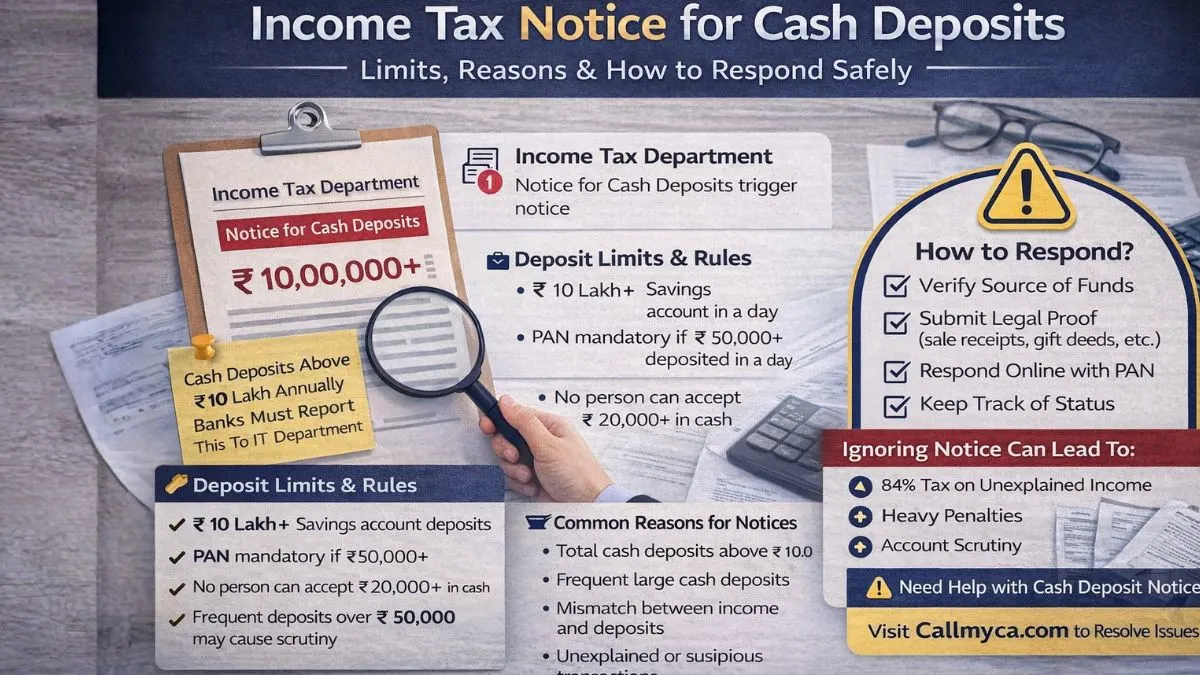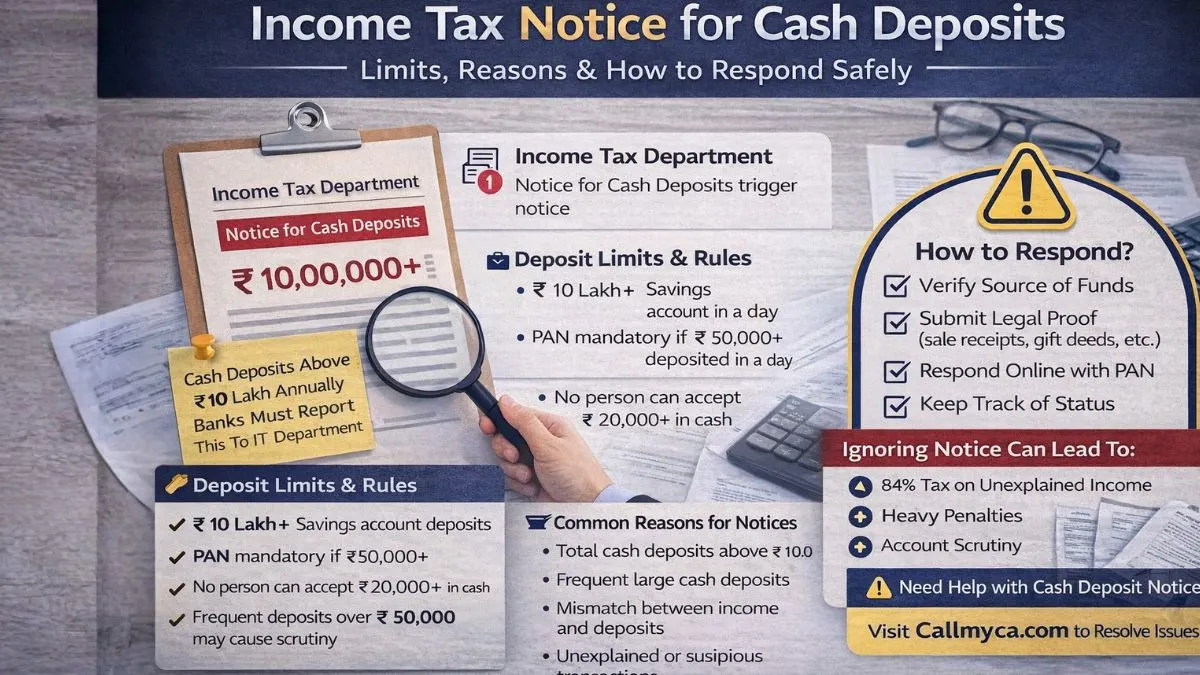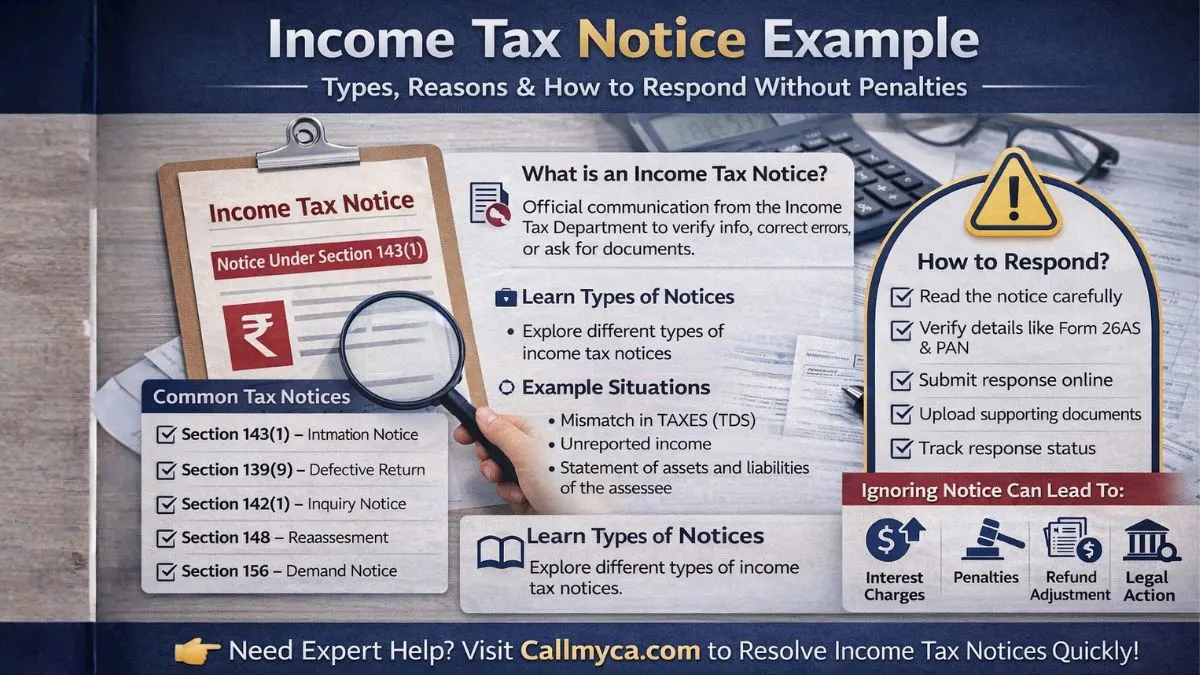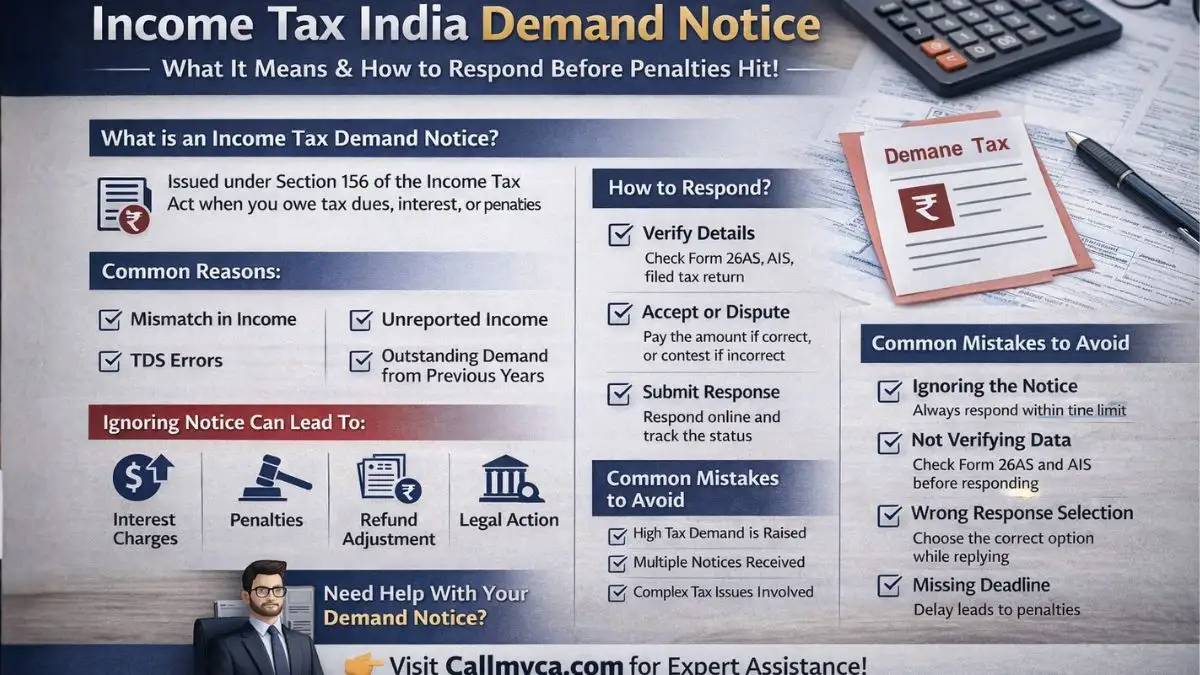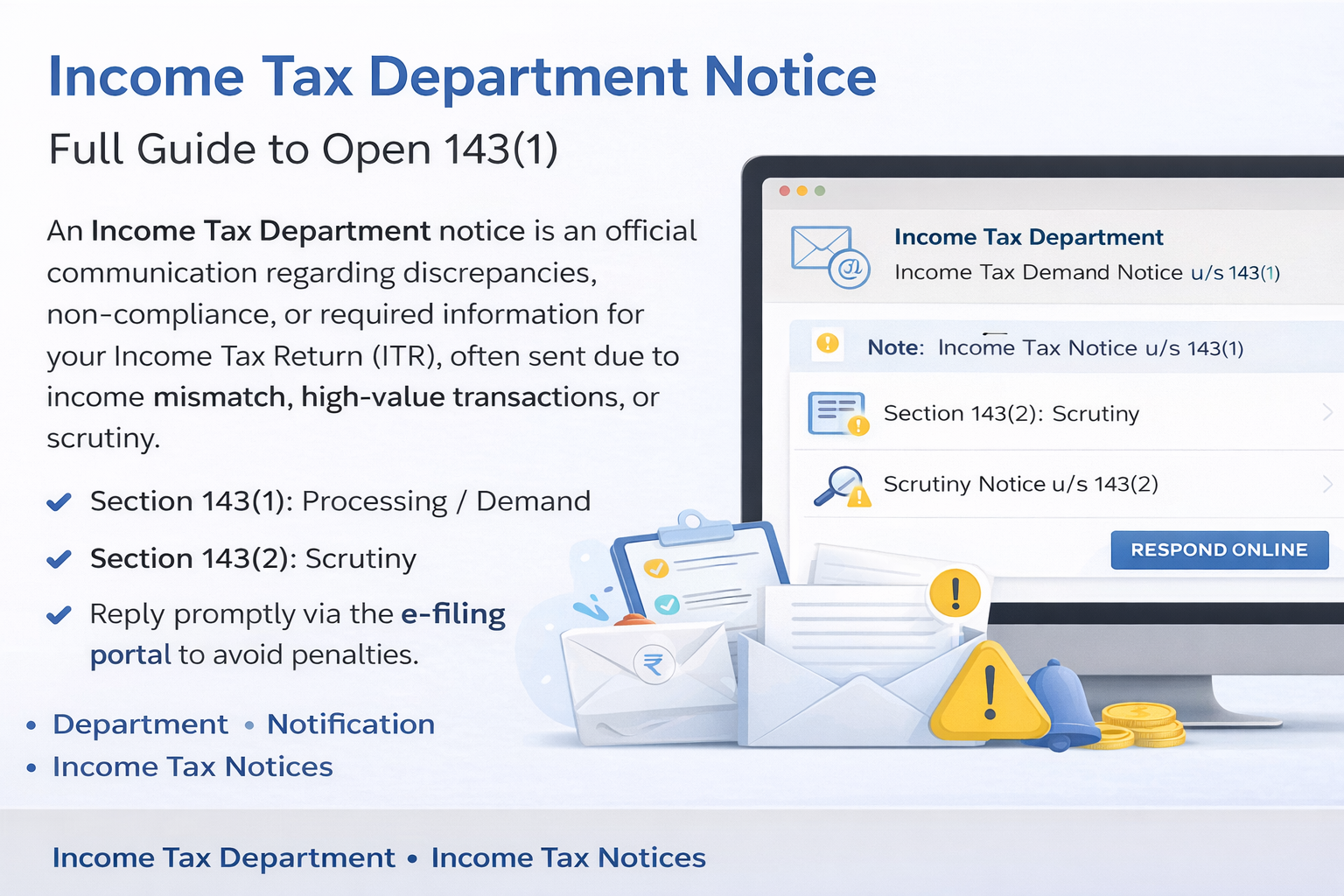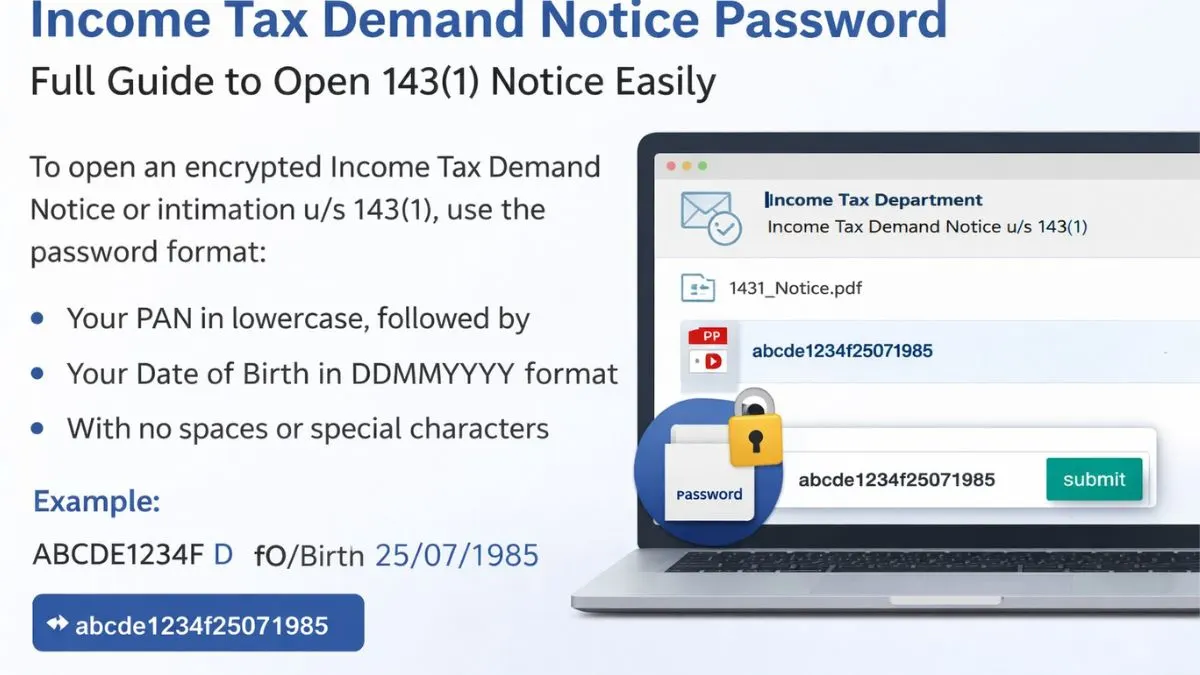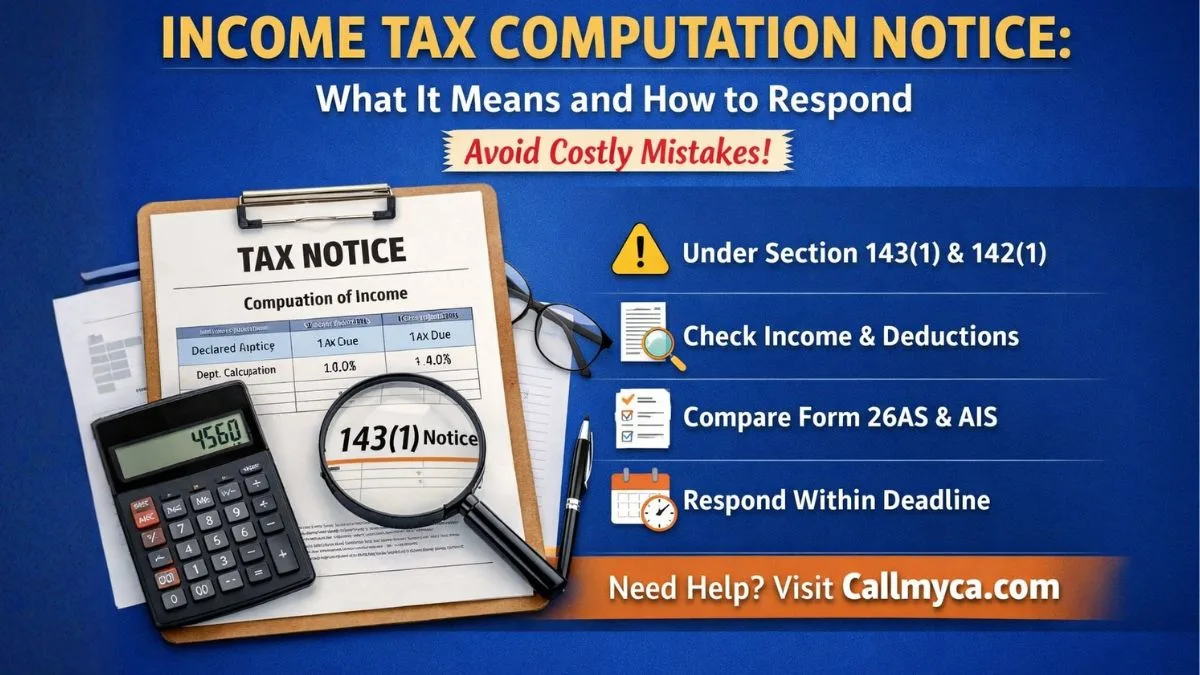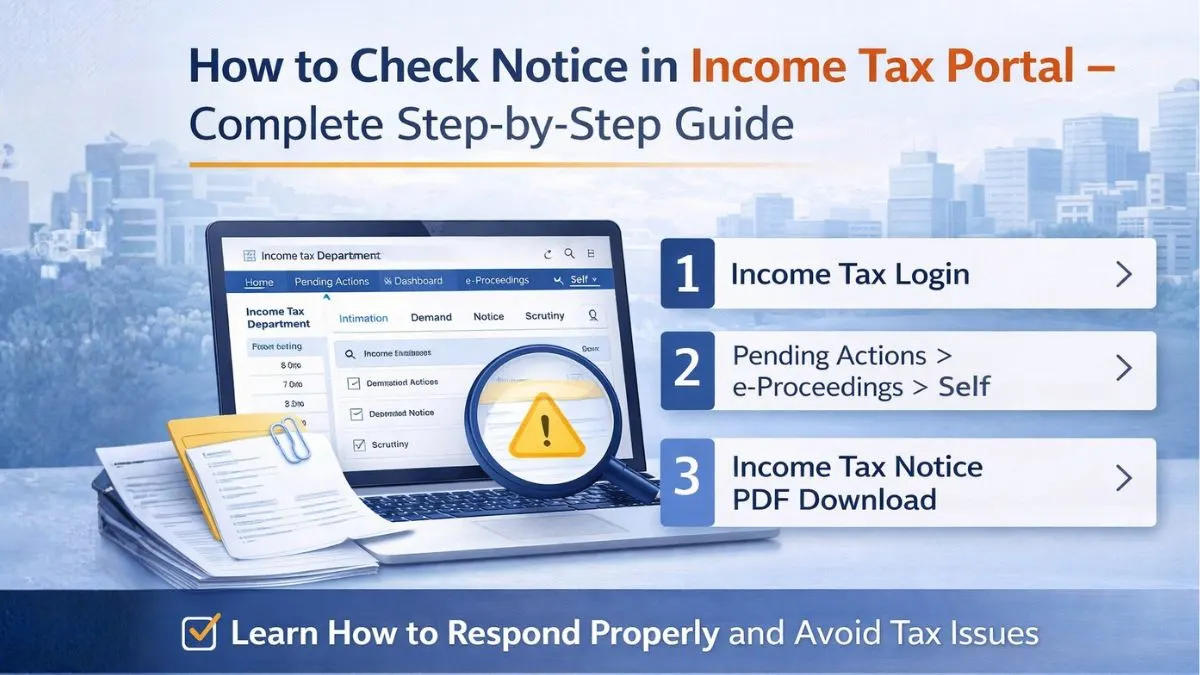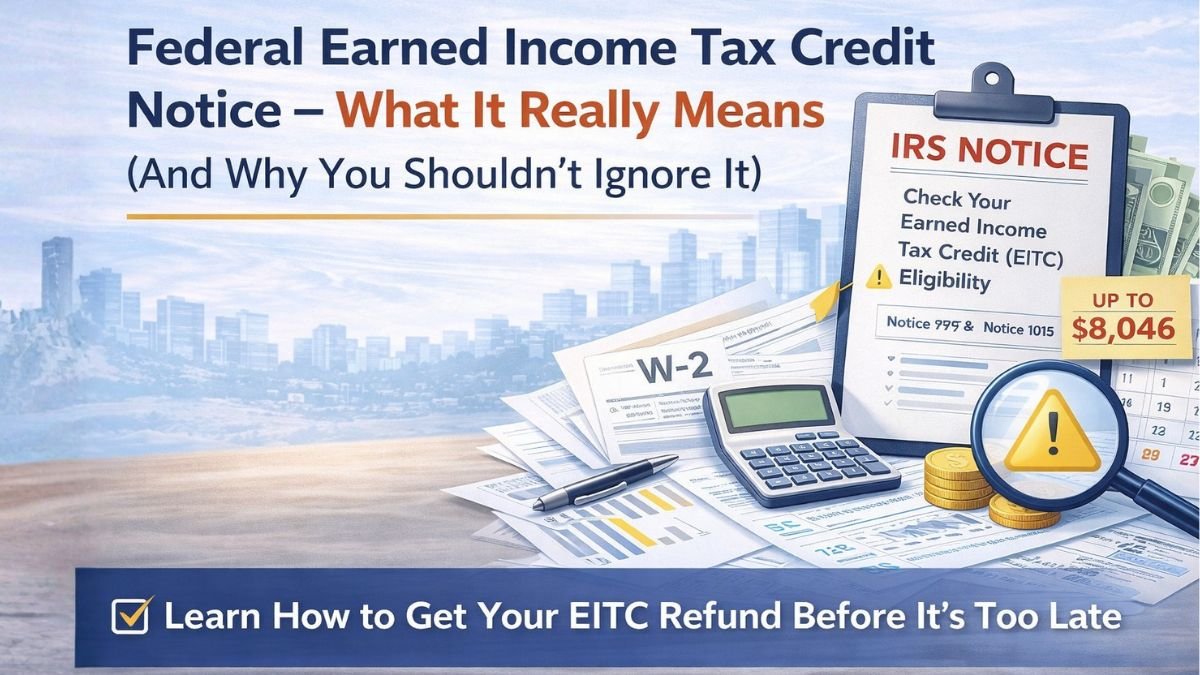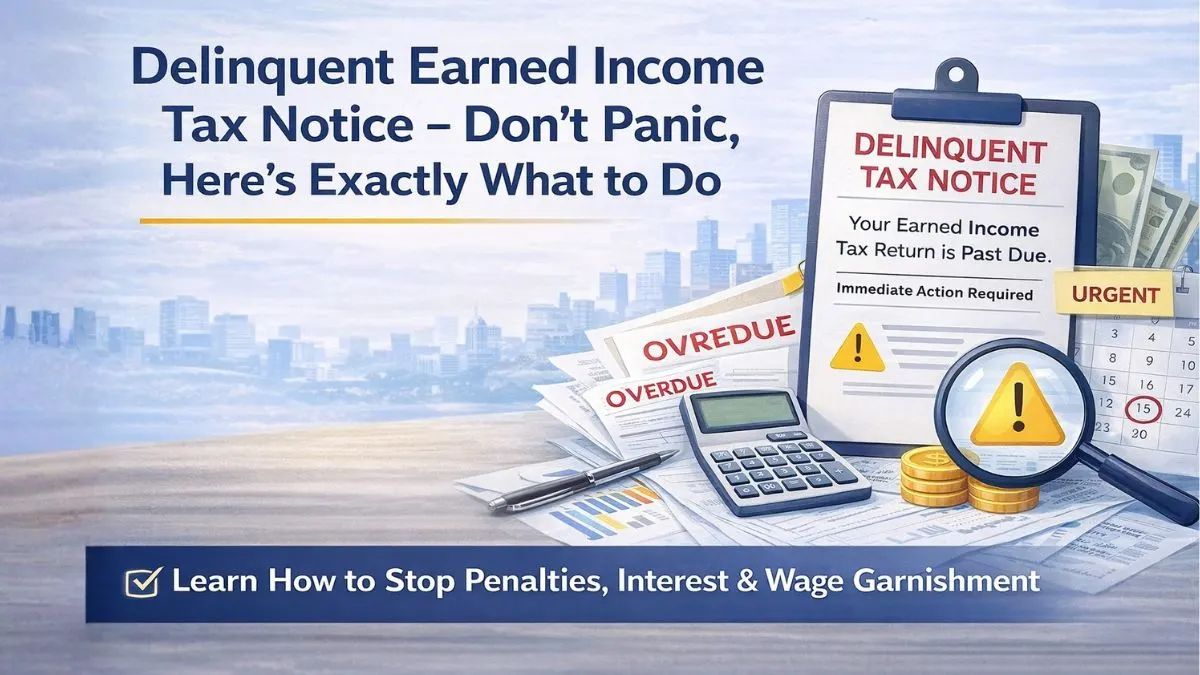
Filing your income tax return (ITR) within the stipulated time is crucial. However, life is unpredictable, & sometimes taxpayers miss deadlines for valid reasons. That’s where Section 119 of the Income Tax Act comes into play. This section deals with the condonation of delay in filing the Income Tax Return & provides relief to taxpayers who genuinely deserve a second chance. In this blog, we’ll explore what Section 119 of the Income Tax Act 1961 entails, its practical application, & how it can help you claim tax refunds even after the due date has passed.
What is Section 119 of the Income Tax Act?
Section 119 of the Income Tax Act empowers the Central Board of Direct Taxes (CBDT) to issue instructions to subordinate authorities to ensure the proper administration of tax laws. The main objective of this provision is to facilitate justice in cases where strict application of the law would cause genuine hardship.
One of the key highlights of this section is that it allows you to claim tax refunds after the last date of filing the returns expires. This is a lifesaver for individuals who, for unavoidable reasons, miss the income tax return filing deadlines & end up ineligible for refunds under normal circumstances.
Condonation of Delay in Filing ITR: A Lifeline for Taxpayers
The condonation of delay in filing the Income Tax Return is a significant relief available under Section 119(2)(b). If you have a refund due but missed filing your return on time, you can apply for condonation of delay to the CBDT or relevant authority.
It’s important to note that:
- Such applications must be disposed of within six months from the end of the month in which the application is received.
- The taxpayer must demonstrate reasonable cause for the delay.
- The authorities have the discretion to accept or reject the request based on merit.""
Instructions to Subordinate Authorities: Ensuring Consistency
Another vital feature of Section 119 of the Income Tax Act is that it grants power to the CBDT to issue instructions to subordinate authorities. This ensures that tax officials across the country follow uniform practices & apply tax laws in a fair & just manner. The instructions issued are binding on assessing officers, which prevents arbitrary decision-making.
For example:
- Clarifications on TDS rates.
- Procedures for handling special cases.
- Guidelines on condonation of delay or refund claims.
Such instructions are essential for both taxpayers & tax officials to ensure consistency & fairness.
Claiming Tax Refunds After Due Date: How Section 119 Helps
Imagine discovering months later that you were eligible for a refund but missed the Income Tax Return filing date. Under regular circumstances, you would have lost the opportunity to claim that refund. However, Section 119(2)(b) allows you to claim tax refunds after the last date of filing the returns expires, provided you apply for condonation of delay & the authorities are satisfied with your reasons.
This provision not only protects taxpayers from undue hardship but also encourages voluntary compliance. The timeline to file such a delayed return with condonation is typically:
- Up to 6 years from the end of the relevant assessment year.
For instance, if you forgot to file your ITR for AY 2020–21, you can still apply under Section 119 until March 31, 2027."
Practical Examples Where Section 119 is Applied
Here are some real-life scenarios where Section 119 of the Income Tax Act can come to the rescue:
- A salaried individual who missed filing ITR due to serious illness.
- A senior citizen unaware of tax filing requirements, seeking a refund on TDS deducted.
- A business owner who faced unexpected calamities or technical issues while filing returns.
In all these cases, if sufficient cause is shown, the condonation of delay may be granted, & the refund processed accordingly.
Key Takeaways on Section 119 of the Income Tax Act
- Section 119 of the Income Tax Act 1961 is a taxpayer-friendly provision that acknowledges genuine human errors or hardships.
- It deals with the condonation of delay in filing the Income Tax Return & empowers authorities to grant relief.
- The provision also allows the CBDT to issue binding instructions to subordinate authorities.
- Applications must be disposed of within six months, ensuring timely relief for applicants.
- The ability to claim tax refunds after the last date of filing the returns expires is a game-changer for many.
👉 Don’t let missed deadlines ruin your refund claims! Explore expert tax filing & condonation assistance with Callmyca.com—your trusted partner in hassle-free tax solutions.

